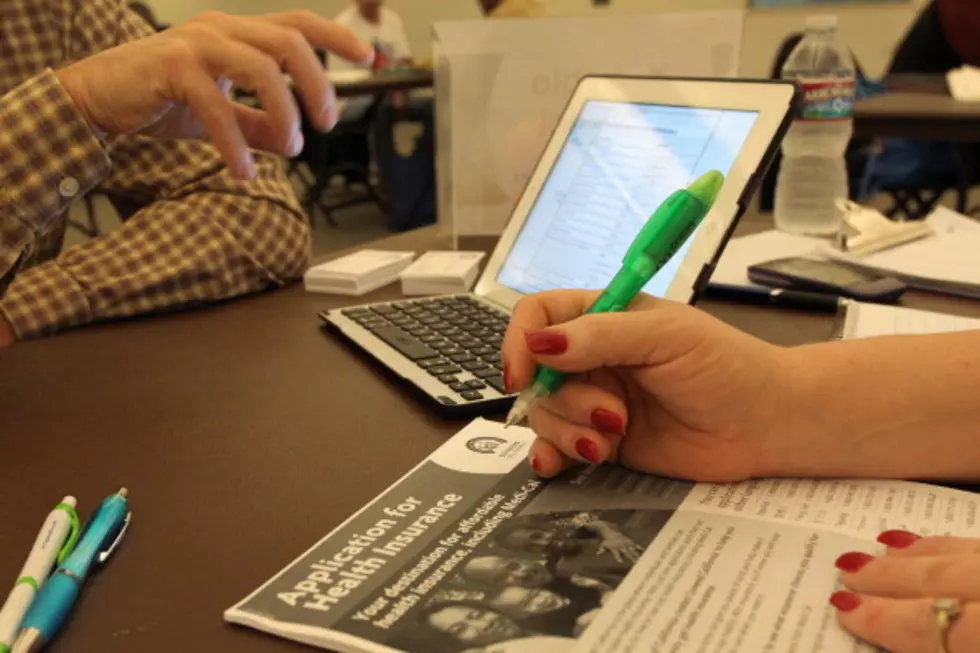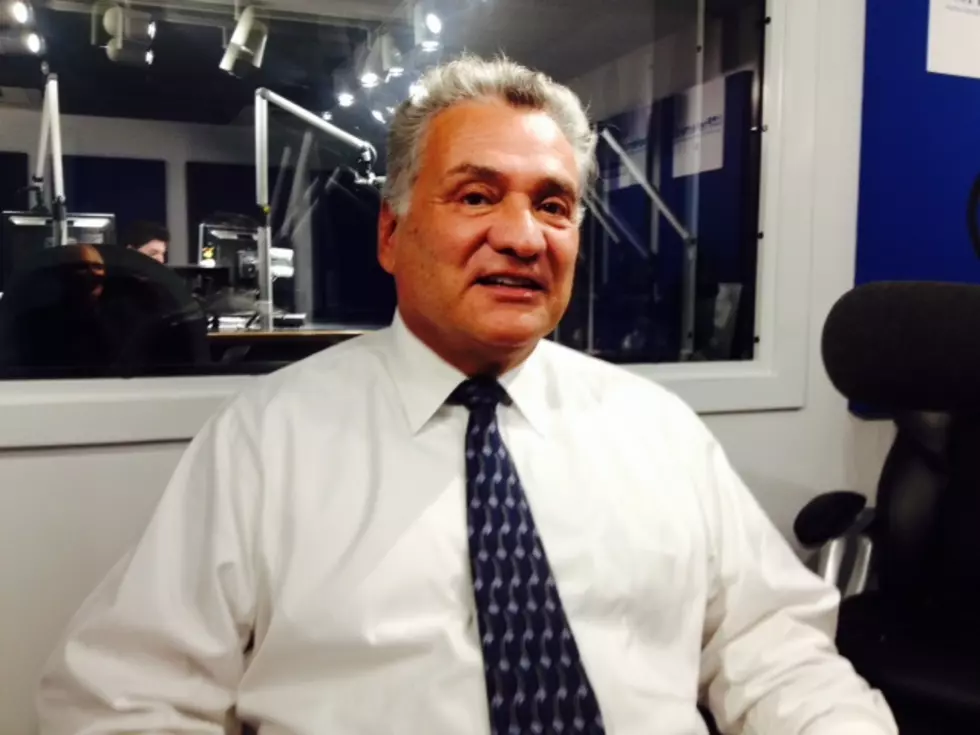![Obamacare Could Impact Volunteer Fire Departments [AUDIO]](http://townsquare.media/site/394/files/2013/01/fire.jpg?w=980&q=75)
Obamacare Could Impact Volunteer Fire Departments [AUDIO]
Towns across New Jersey may soon have to offer health insurance coverage to their volunteer firefighters, an unintended factor of the Affordable Care Act's continued implementation.
However, there are mixed reviews on whether that's a bad thing.
On one hand, "it would be an asset to the firefighter," said George Heflich, president of the New Jersey State Firemen's Association. "He's going to get free insurance. The town would have to put it up."
U.S. Congressman Frank LoBiondo (R-NJ), on the other hand, believes the impact could be disastrous for most volunteer fire companies.
"They would either have to dissolve or convert to paid fire departments to shift the cost to the municipal governments, because they can't cover it themselves," said LoBiondo.
Heflich doesn't see volunteer fire departments dissolving, because he said it would cost millions of dollars more for municipalities to hire career firefighters.
LoBiondo, a member of the Congressional Fire Services Caucus, said he was made aware of the situation by local officials working with fire chiefs in South Jersey, to ensure compliance with Obamacare.
He said he is now seeking an Internal Revenue Service (IRS) fix to the Employer Shared Responsibility Provisions (ESRP), so that volunteer first responders would not be affected. LoBiondo has also written a letter to the acting IRS commissioner, seeking clarification of the Affordable Care Act's rules.
He said if the IRS fails to act, then he and other lawmakers would seek a legislative solution.
Volunteer firefighters are considered employees because they receive worker's compensation, a clothing allowance and a stipend that is considered taxable income. Many volunteer fire departments have 50 or more firefighters, but others have far less. It's unclear if the Affordable Care Act rules would apply to those smaller departments.
Lobiondo's letter to the IRS:
Dear Acting Commissioner Werfel:
It has come to my attention (as an active member of the Congressional Fire Services Caucus) that many of my colleagues are trying to get clarification about the effects of the Employer Shared Responsibility Provisions (ESRP) of the Patient Protection and Affordable Care Act (PPACA) on our volunteer emergency responders. Therefore, I too would like to be on the record with my serious concern about the unintended consequences this portion of the PPACA may have on a vital segment of our communities.
In particular, I have heard from volunteer fire departments in my district that if the PPACA "is interpreted to require that volunteer companies provide health benefits, it would seem that the companies would either have to dissolve or convert to paid departments in order to shift the costs to their municipal government." I think you would agree that this outcome would be detrimental to those municipalities that rely on these heroes day in and day out to provide services their local governments are unable to afford as full-time paid positions.
Therefore, I urge you to officially release guidance that the Internal Revenue Service (IRS) will recognize these nominally compensated first responders as non-employees of the agencies they are associated with, for the purposes of the ESRP of the PPACA.
As others have outlined to you, there is currently a definition within the Fair Labor Standards Act which allows for volunteers to receive "paid expenses, reasonable benefits, a nominal fee, or any combination thereof, for their service without losing their status as volunteers." I urge you to consider this as a solution, as it is already a long-standing and widely recognized definition.
If you should have any questions, please do not hesitate to contact my office. I appreciate your prompt attention to this matter.
More From 92.7 WOBM










